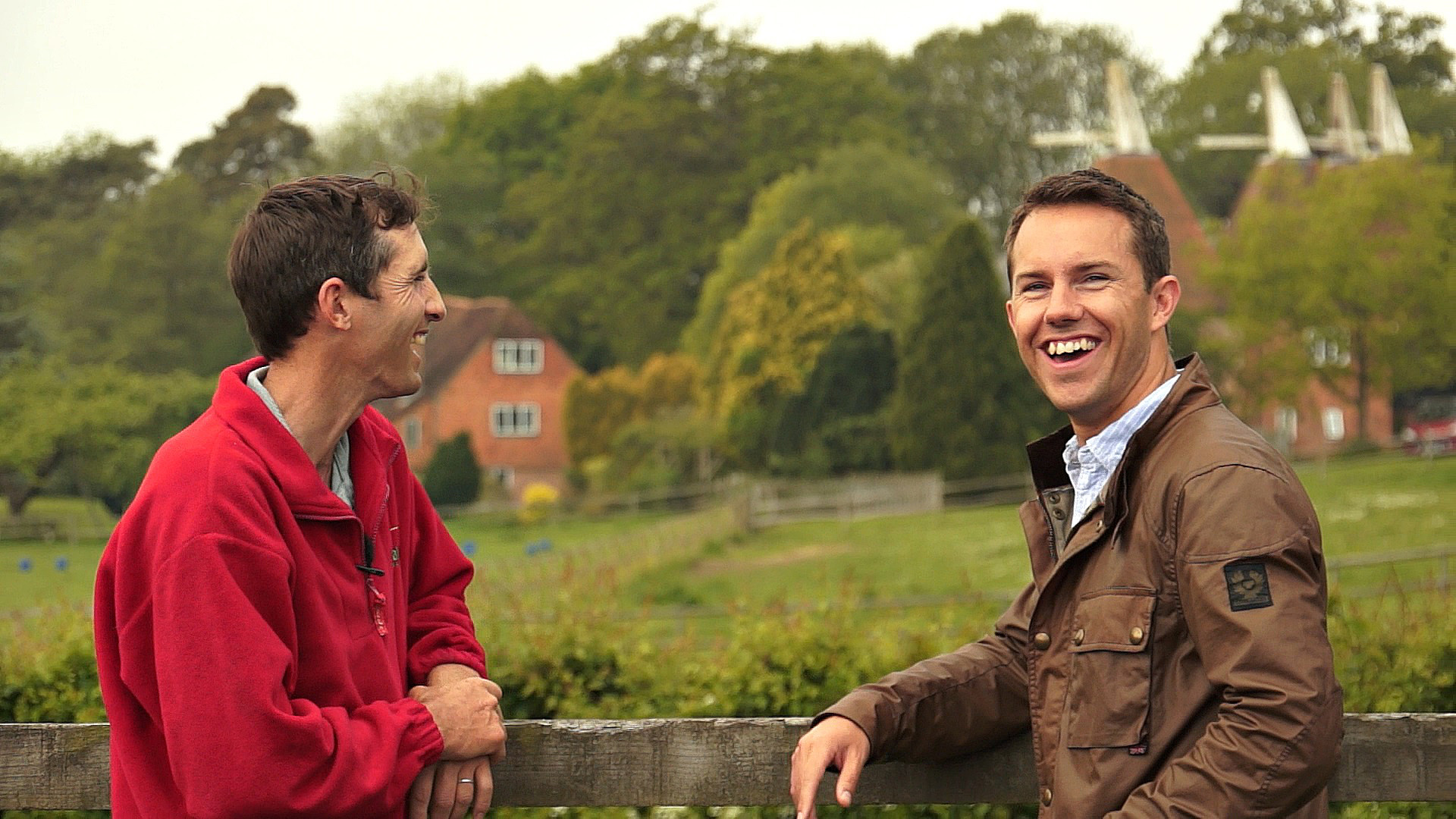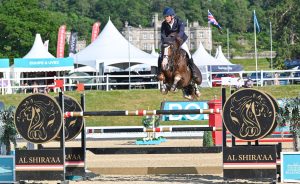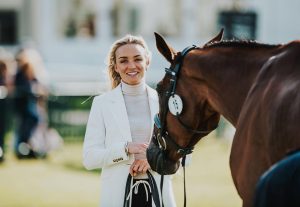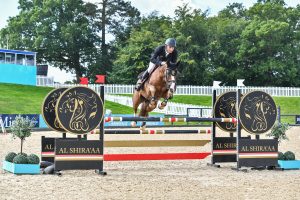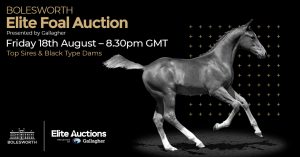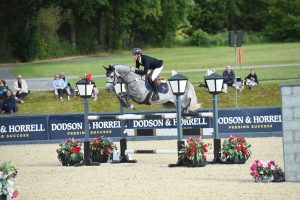MIND GAMES
Success in Equestrian sport is rarely achieved without careful preparation. Although by the word “preparation” we mean something beyond gymnastic jumping exercises and perfecting your square halt. Mental preparation and controlling nerves, is so often the difference between winning and losing. You would not be alone in thinking “how do I replicate what I do at home at a competition?”
Charlie Unwin is a leading sports psychologist who has been helping a number of elite riders and Olympic athletes from a number of sports. As part of the World Class Programme, he also helps the British Eventing Team from Young Riders up to Seniors.
After Military training at Sandhurst, Charlie started his professional life in the Army. During this time he served in Iraq as a platoon Commander. Upon leaving the Army, he focused on his passion for sport and begun training to become an elite Modern Pentathlete. Within two years, he was selected to go to the World Championships for the British team and in 2007 he was crowned National Champion. With this background, it is fair to say that no one understands pressure and nerves better than Charlie. We are lucky enough to have him as one of our advocates and here he sheds some light on mind management for riders.
“I help people recreate their best under pressure” he states. “Most people come because of nerves or a loss of devotion. Nerves can manifest in so many different ways but ultimately the common problem is that they are not able to recreate what they do at home.”
You have many forms of psychology and help out there but Charlie’s approach is a scientific one.
“There are two important areas of the brain at play when it comes to performing at your best, the emotional brain and the rational brain. The emotional brain represents the “Driving Force” of our performance, whilst the rational represents our “Guiding Force”. The driving force is both good and bad. It is the reason we get out of bed. It gives us energy and motivation. Yet it also makes us aware of perceived risks and can create fear and frustration, sometimes getting out of control. The guiding force concerns our focus and capacity to think clearly about what really matters. It makes us prioritize and do what is really important. The driving force is significantly stronger than the guiding force, meaning that emotion trumps logic if we don’t learn to manage our mind. This typically requires planning and visualization skills designed to help riders think correctly despite feeling nervous.
An example is where highly motivated and aspirational people struggle to channel their motivation effectively. The danger here is being high energy but fragile control or confidence. Then I need to work on their focus to prepare and plan. I also see people who are consumed by fear, for whatever reason. They become scared to make decisions. Some people like tips and techniques to help them but the most important thing is that they understand why they are doing it.
In addition, I am also trying to help riders tune into their intuition, tapping into their vast reservoir of experience that cannot always be expressed consciously. When a rider is learning their trade, they go through a process of making corrections. If these are well thought out, e.g “why did that happen when I did this”. The enhanced connections in the brain allow them to develop better intuition. So if a young rider only cares about results and less about mastering their sport, they end up compromising the thinking required to train the brain. So often, after a lesson a rider will untack, load up and not do much reflection on why something went well or badly. In avoiding this, they have not allowed their brain to process everything they have just done. In order to make something become intuitive, a rider should write down their plans and objectives before and after sessions as well as how it went and what made the difference. They should have coaching conversations with instructors about how things went, not just in the saddle.
I encourage riders to do the thinking and planning up front, before even getting on. This is so that when you are in the saddle, you just focus on feel. Often experienced riders stop trusting their intuition because they start to over-analyse things whilst on board. When you are coming down to The Lake at Badminton, you can’t afford to be thinking about too much other than how you are going to approach the fence. If the horse deviates from the line, it should be your intuitive riding that corrects this as your subconscious will react faster than your conscious mind.
It is important for riders to empty their minds in order to deliver the best performance. When you are in the start box or about to enter the arena, if you are uncertain about your plan and focus, you are not going to be able to ride to your best. At a base level, daily meditation is the best way to clear your mind as it allows us to access the more unconscious parts of the mind responsible for intuition. The app Headspace is great for this.
Equestrians are perhaps the most guilty of “doing, doing, doing”. The price paid can be a lack of reflection and therefore undermines their ability to judge the intrinsic quality of their work and make changes for the better. When I was a pentathlete, I was striving to do five sports well and you often don’t stop and reflect. Then I realised I was substituting quality practice for quantity and changed my training plan. I halved the amount of technical training but was more diligent at planning it. The training I did was more intensive and focused and I meditated before each training session. My results shot up and I started achieving things I didn’t think were possible.
Top riders like Michael Jung seem to follow this strategy. He doesn’t do many competitions but each one has a focus and a goal. He is very diligent about planning and when he trains, it is with real intensity.
We are creatures of habit and some people find it scary to stop what they are doing and reflect on what it actually takes to improve.
If you found this interesting, Charlie Unwin offers an online programme of podcasts and webcasts on mind management and controlling nerves.
Subscribe at https://www.performancelegacy.com/equestrian or join Charlie Unwin Psychology Coach on Facebook.
Written by Ellie Kelly
Image taken from https://www.performancelegacy.com/about

